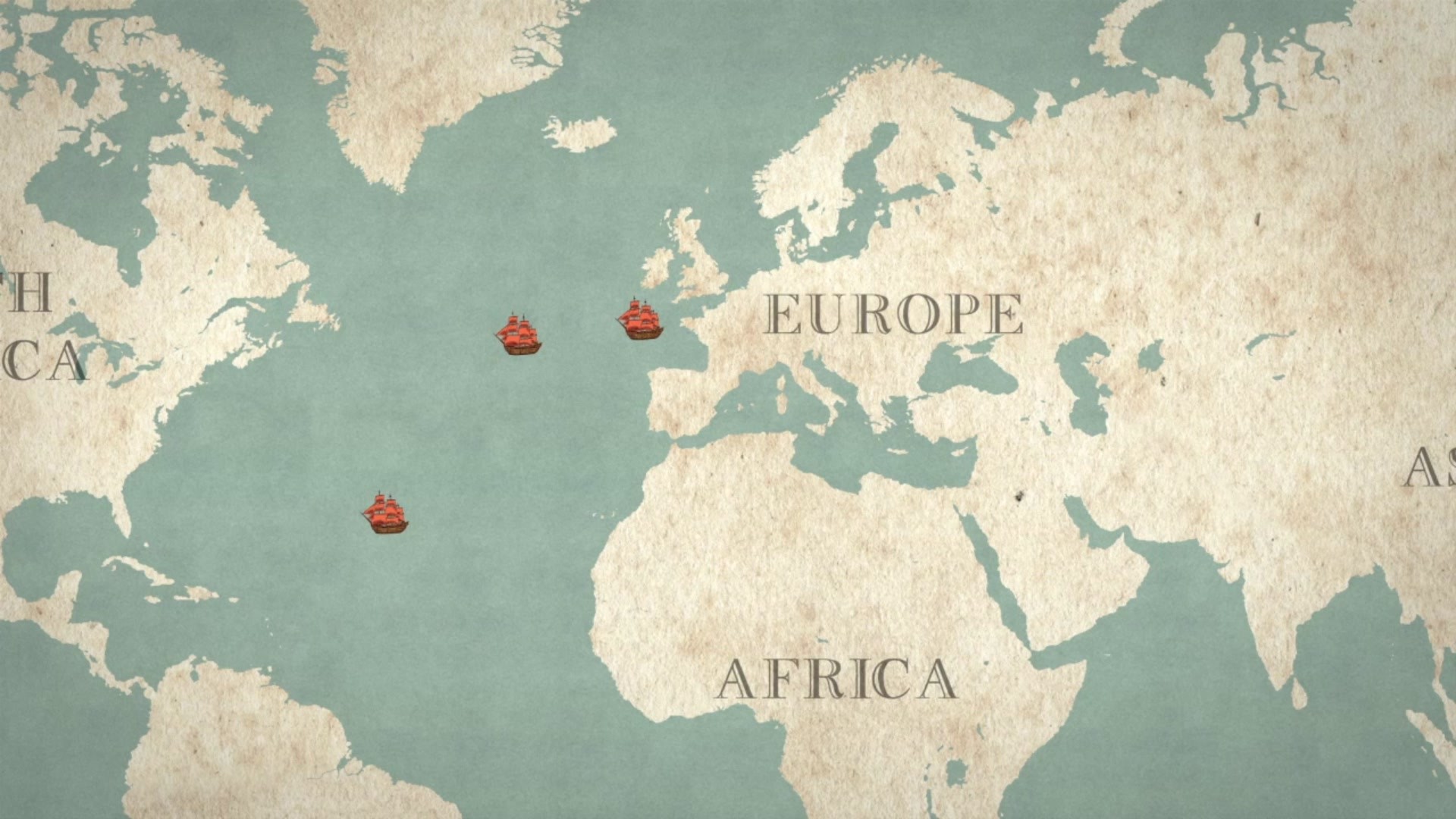Cannes Lions
Great Chinese Names for Great Britain
OGILVY & MATHER BEIJING, Beijing / VISITBRITAIN / 2016

Overview
Entries
Credits
OVERVIEW
Description
Ever since the beginning of this decade, the average year on year growth of Chinese out-bound leisure trips is 20%. Yet Britain has never been on the list of the top 10 places tourist wanted to visit the most. In fact, it has always been ranked in the mid-teens. What’s hurting the most is that Britain’s archrival France has been constantly ranked top European destinations for Chinese tourist. VisitBritain, the national tourism agency of the U.K, hopes to attract more Chinese visitors. A new approach is needed to engage young affluent Chinese and get them to consider Britain. But what? First, we needed to understand what has been keeping them away. Research, with travellers and through social listening, uncovered that Britain was viewed by Chinese as cold and unwelcoming, losing out in tourist appeal against competing nations like France, USA, Australia and even Germany (a country not know for its tourist attractions) on several aspects. Besides, they were unfamiliar with attractions outside the clichés of England and London. Based on these findings, it became apparent that Britain should be embracing this new generation of Chinese tourists with open arms. The question was “How far would she be prepared to go?” This time, VisitBritain did go quite far in making their potential guests feel especially welcome. We persuaded VisitBritain to extend a first-ever invite to the people of China - an opportunity to name its places, people, events and icons in Mandarin Chinese. We called for “Great Chinese Names for Great Britain”. Many British landmarks and attractions either didn’t have Chinese names or were saddled with meaningless phonetic translations. The campaign was designed not only to boost the perceived relevance of what Britain had to offer, but was also a gesture extending the utmost hospitality to potential guests. The U.K government would recognize the names; Google Maps would include them; travel guides would be changed forever. This was the first time in history that one country had openly invited the citizens of another to name its landmarks. And this ‘news’ in itself made headlines across both China and the UK. More than 13,000 names were submitted including: Highland Games - Strong men’s skirt party; Saville Row - Street of the tall, rich and handsome; Haggis - Tripe that wafts aroma; Stilton - Porcelain cheese. The idea motivated the Chinese to discover more about British destinations, especially places beyond England and London, so that they could coin better names for them and be attracted to those places. It also forged stronger emotional bonds with the UK. Immediate tourism benefits were felt with Chinese visits to Britain marked incredible increase. Significant contributions were also made to the British economy with Chinese tourist spend leaping to the highest level in past 3 years. And in many ways it marked the beginning of a bourgeoning Sino-British relationship, eventually heighten by the visit of President Xi Jin Ping to the UK in 2015.
Similar Campaigns
12 items





